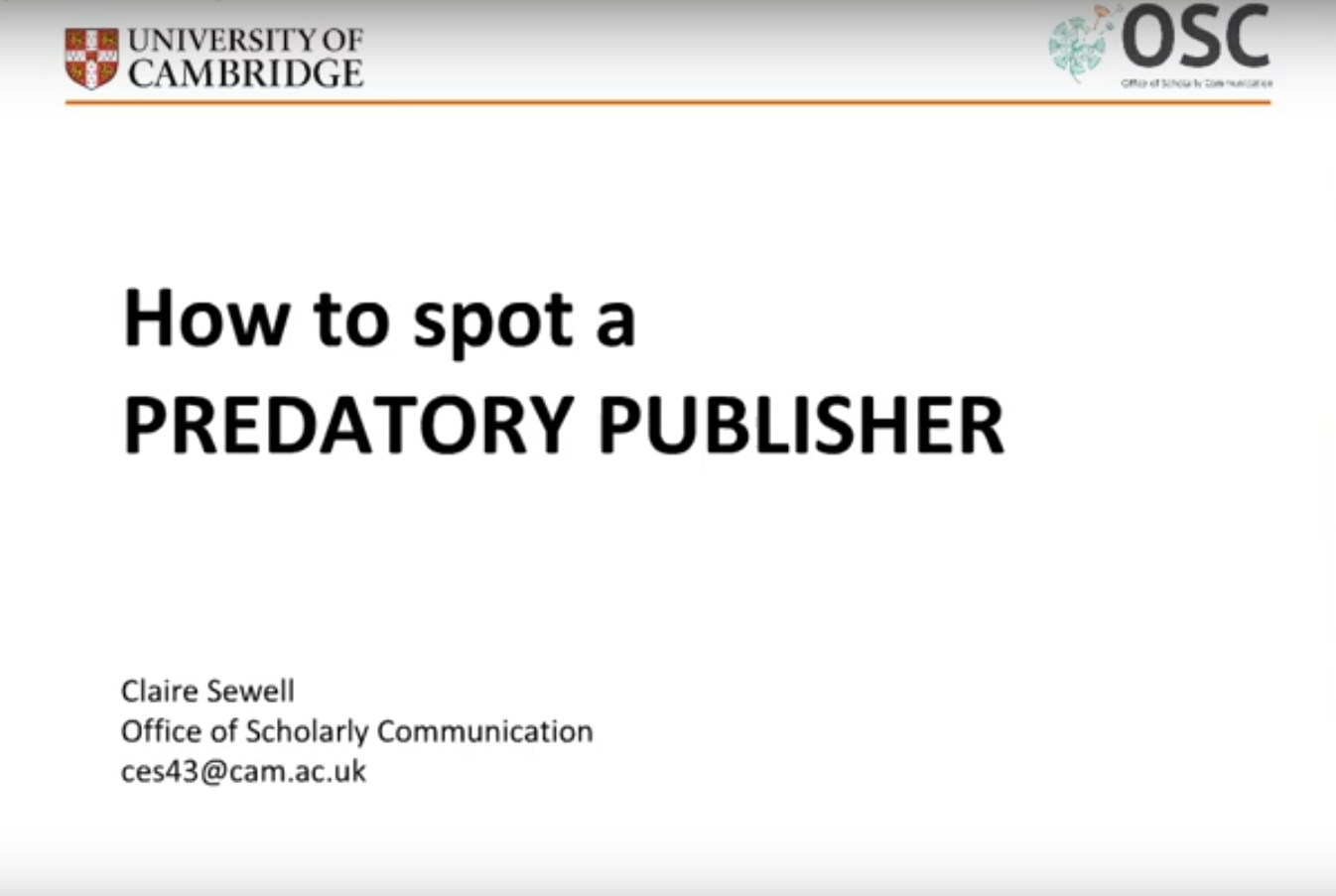Predatory publishers are defined, generally, as small/medium "pseudo-scientific" publishers who use Open Access to increment their business, publishing the results of the research conducted by scientists after the payment of a fee, without guaranteeing a real peer review.
Obviously, this process can give rise to publications of poor scientific quality, and if this can be evident for experts, it is not so clear for a lay audience.
During the last months of 2018, the University of Piemonte Orientale reported an article of the Süddeutsche Zeitung in which it is reported that more than 5000 German scientists published their research contributions in questionable publications. German universities reacted with various means to report the increase of studies in pseudo-journals and some of them are offering seminars about the dangers of such offers.
Arndt Leininger, who published a contribution on predatory journals, downsized the phenomenon. He states that actually only a very limited number of researchers are deceived by predatory publishers, and most of them only once. In fact, authors usually do not publish deliberately with such publishers, ending up as the actual victims of this system.
Despite the mantra "publish or perish", the quality of publications is still more important than their quantity. Predatory journals in the scientific community do not have an established reputation, which is acquired over years, if not decades.
Instead, an article that questions the editorial system as a whole is that of Olavo B. Amaral All publishers are predatory – some are bigger than others.
One of the points under discussion, about the issue of predatory journals, is that on what degree a fast publication after payment can find fertile ground in the current mechanisms of evaluation. This is due to the fact that research evaluation relies mainly on quantitative tools, increasing the pressure to publish on researchers as well as the risk of running into a predatory publisher.
There are several lists of predatory journals and publishers such as the Beall's List and the Stop Predatory Journals list. However, it would be preferable (and suggested) to consult white lists, such as that provided by an accreditate service like DOAJ, instead of relying on generic black lists, more or less politicized, in order not to cross paths with questionable publishers.









